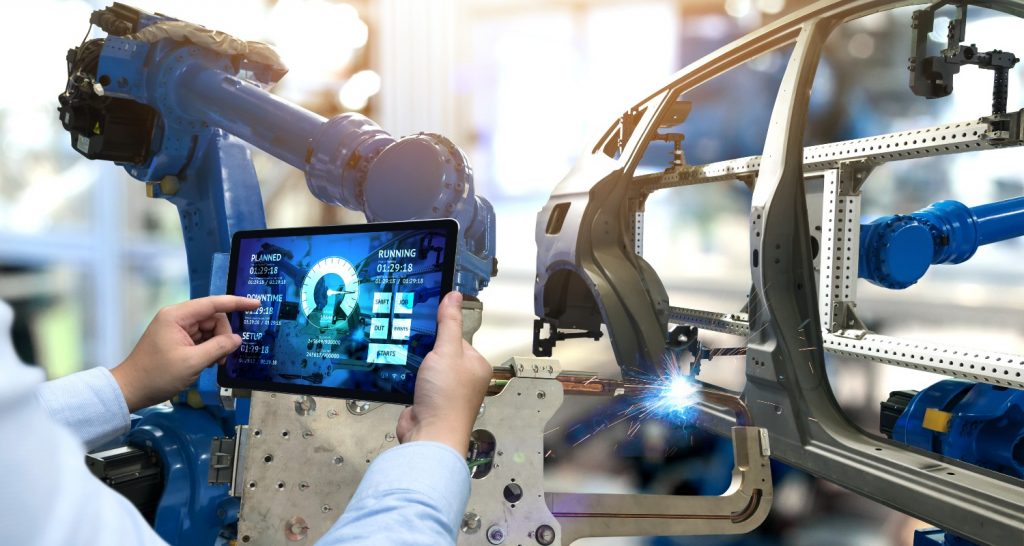Derived from the global divergence of the automotive market, 83% of global automotive executives agree that regulators and industry policies are driving technology agendas, as subsidy strategies and tax exemptions will be even more essential in a post-COVID-19 world. Also, for the first time in the history of the study, the experts surveyed no longer believe that internal combustion engines (ICE) have the largest market share in the future.
Because of the crisis generated by the pandemic, vehicles are being considered a means of protection compared to public transport, which gives manufacturers the opportunity to position themselves and create greater interaction with customers who wish to invest in their safety, in accordance with KPMG International’s Global Automotive Executive Survey 2020, conducted by KPMG International, a global network of professional firms providing Audit, Tax and Advisory services.
Given the results of the study, Oscar Silva, Leading Partner of KPMG’s Global Strategy Group in Mexico, says: “The COVID-19 crisis is dramatically accelerating trends that already existed and our new survey confirms this: more than 76% of executives believe that by 2030 less than 5% of global production will originate in Europe, representing a giant opportunity for Mexico. 60% believe that 20% to 30% of physical concessionaires will cease to exist and will be replaced by virtual stores. In addition, 80% believe that there will not be a single mobility model and that several models will coexist for some time.”
Albrecht Ysenburg, KPMG’s Leading Automotive Industry Partner in Mexico, says: “COVID-19 can now change the technology development industry’s focus to a more operational and survival approach, which in turn presents Mexico as a global production player with threats and opportunities. Moreover, a global response to all strategic directions does not reflect reality. Companies must develop independent regional strategies for both customers and markets. Mexican companies will need to position themselves to meet the different needs of the market.”
Some of the key points the industry is considering are:
- Electric Battery Vehicles (BEVs), Connectivity and Digitization, Electric Fuel Cell Vehicles (FCEV), and Hybrid Electric Vehicles (PHEV) have established the most important key trends in the industry since 2017
- Derived from the large impact of COVID-19, 76% of executives agree that by 2030, less than 5% of global car production will be done in Western Europe
- 73% believe that a country’s mineral resources determine the preferred transmission technology
- Much of the sample (98%) sees sustainability as a key differentiator; however, 17% of consumers still consider it the same way
Future between combustion and autonomy
- Recent fall in crude oil prices due to COVID-19 reduces fuel cost for DIESEL and gasoline-powered ICE vehicles, resulting in lower costs in USD/km compared to BEVs
- Multiple transmission technologies will coexist with each other, global executives see a uniform division of BEV (30%), hybrids (25%), FCEV (23%), and ICE (23%) by 2040
- Providing a seamless loading experience is essential for overall adoption of BEV, as 84% of consumers assign cargo infrastructure responsibility to OEMs (original equipment manufacturers)
- 77% of executives agree that mixed traffic between autonomous and non-self-driving vehicles will lead to serious safety issues and claims of responsibility
Mobility and customer centrality
- KPMG Automotive Institute believes that post-COVID-19 uncertainty requires solutions for customers, enabling greater flexibility in contractual commitments
- Customer mobility decisions will be based on data privacy and security, total cost of ownership, and a smooth, hassle-free mobility experience
- Six out of ten executives believe that the number of physical outlets will decrease by 20% to 30% globally
- Nearly half of executives and consumers agree that OEMs will also be closer to the customer in 5 years
- We are further from online shopping than expected: 1 in 5 global consumers say they won’t buy a car online
Automotive ecosystem value
- Competition between automakers and information and communication technology companies has increased 50% compared to 2019
- Three out of four executives agree that the importance of financial services institutions will increase, and OEM debt levels are expected to rise
- More than 40% agree that data monetization is best done with security-oriented applications, such as car-2-x communication





